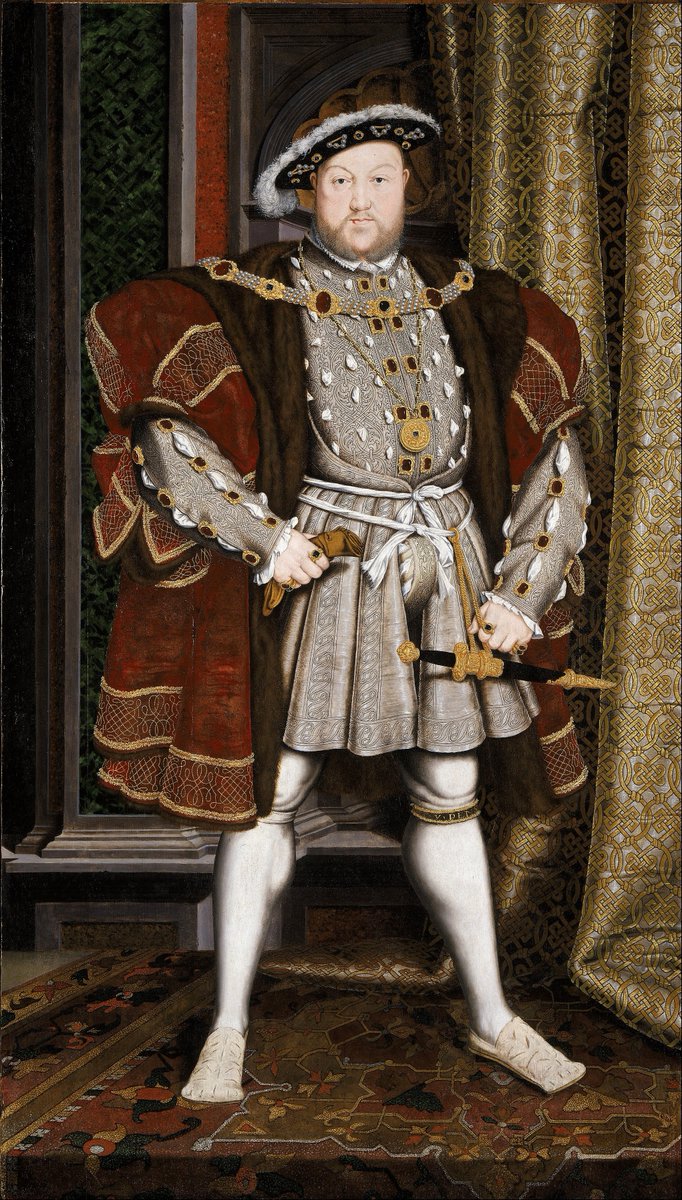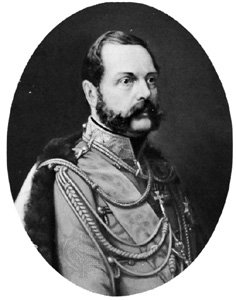
The hunchback of "Notre-Dame" who led the French army to victory against Europe.
Story in the evening ...
Story in the evening ...
https://twitter.com/Arby_K/status/1365127040215642112
François-Henri de Montmorency-Bouteville was born in 1628 to François de Montmorency, Count of Bouteville, and Élisabeth Angélique de Vienne. Born posthumously, he was raised by a relative, Charlotte de Montmorency and her husband Henri de Bourbon, Prince de Condé. 1/10 

Henri de Bourbon's son, Louis de Bourbon, was one of major generals of France. Though François-Henri was physically weak and hunchbacked, he grew under Condé's wing. Siding with Condé in the Fronde as a rebel, François-Henri went on exile after defeat. 2/10 

It was only in 1659 that both Condé and François-Henri could return to France. François-Henri married an heiress, Duchess Madeleine of Piney-Luxembourg, in 1661. In 1668, Condé pulled François-Henri as his deputy as France went to war against Spain over the Low Countries. 3/10 

In 1672, François-Henri had his own command, when France went to war against the Dutch. He was put in charge of the Dutch city of Utrecht, which had surrendered to the French King. But soon François-Henri was faced with a Dutch army more than three times bigger than his own. 4/10 

But François-Henri managed to lead his forces out of the city earning him laurels. He was made Marshal of France in 1675 and replaced Condé as the head of the French army of the Rhine. He was, however, unable to prevent the imperial capture of Philipsburg in 1676. 5/10 

With victories at Valenciennes and Cassel in 1677, François-Henri had cemented his position as the better generals of France on the battlefield. The battle between the French and Dutch ended in 1678 at Nijmegen, with France getting minor gains in the Low Countries. 6/10 

Peacetime saw Marshal de Luxembourg (as François-Henri was now better known) briefly in prison for sorcery, but was soon released and made the Captain of the Royal Guard in 1681. The peacetime also saw France's enemies regrouping slowly against them. 7/10 

In 1689, Willem Hendrik, Prince of Orange, whom the Luxembourg had defeated earlier on battlefield, became the King of England. He rallied rest of Europe to form a grand alliance and go to war against France. Luxembourg was given the command of the French army. 8/10 

Despite the numerical strength of their enemies, France came out stronger gaining the upper hand over its enemies. But the war had to be closed as Europe had to prepare for another war, one over Spain as their heirless King was dying setting stage for a succession battle. 9/10 

Luxembourg led France to victories at Fleurus, Leuze, Steenkerque & Landen capturing flags to be hung at Notre-Dame, for which he was called Le Tapissier de Notre-Dame (Upholsterer of Notre-Dame). He died in 1695 after which the fight slowed down to the Peace at Ryswick. 10/10 

• • •
Missing some Tweet in this thread? You can try to
force a refresh















